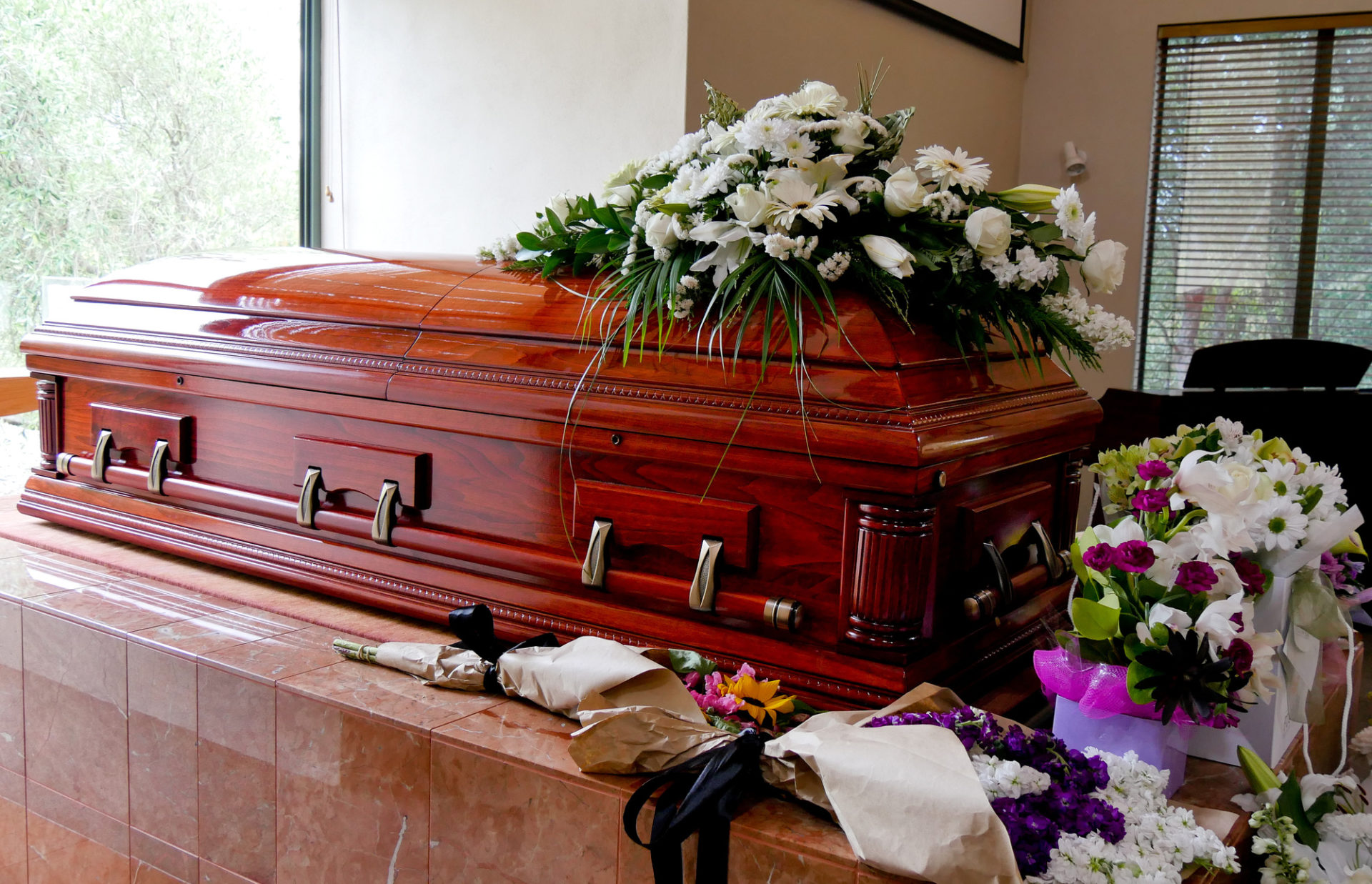A few items will typically be involved in funeral service and arrangement, and one that many families will be focused on is the casket. Used for holding the departed body before burial or cremation, caskets are an essential part of funeral planning for many families, whether in an immediate or advanced sense.
There are a few different areas to consider when selecting a casket for advanced funeral planning (some people prefer to choose their casket in advance) and for more immediate needs. What are caskets, how do they compare to coffins, and what are some various materials and other elements you should consider while selecting one? Here’s a general primer.

Caskets Vs. Coffins
While some may use the terms casket and coffin interchangeably and serve similar purposes, they are not the same. Generally speaking, caskets are used to transport and hold the remains of the departed, including for any viewings or funeral services; a casket, on the other hand, is used for burial once the body is in the ground and will typically be buried with the individual.
Regarding what you’re looking at when selecting a casket, there are some material differences between coffins and caskets; it’s often up to personal preference which of these people choose. Coffins tend to be more traditional, with wood or metal designs that are also easier to decorate. Caskets will often come in more colors and may even include procedures on the outside, making them a better choice for someone who wants their funeral to have any aspect of personalization.
Casket Materials
When considering caskets, what types of materials are typically available? Here are some of the most common, plus basics on each:
- Metal caskets: Made from bronze, copper, or even stainless steel, in some cases, metal caskets are often the most traditional option. They can also be some of the strongest and will be very durable. They’re also relatively affordable and easy to source based on location and other factors.
- Wood caskets: A wooden coffin may be the preferred option if you want a more traditional or country-style funeral. Wooden caskets are typically made from pine, mahogany, or poplar, with each type of wood having virtues and vices. Pine is generally the least expensive, while poplar is solid and more resistant to water damage. Mahogany is the most costly, but Alessandro looks the nicest over time.
- Biodegradable: Caskets are made from biodegradable materials for those who prefer an environmentally friendly funeral. These can include wicker, pressed wood, and even cardboard; while these caskets aren’t typically used for funerals (except cardboard), they can be found online or through certain funeral homes.
- Cremation caskets: While these can be made of a few different materials (wood is most common), they’re in their particular category because of their intended use. A cremation casket is explicitly designed to help the body of the departed make it through the cremation process, with some even including special features like handles and other elements.
Rent or Buy?
When considering a casket for any funeral, a common question that might be raised is whether it’s better to rent one or buy one. This question has no correct answer; it depends on several factors, including how long you plan on using the casket. If you’re looking for something to use for this funeral only, then renting is probably the way to go; it’s much less expensive than buying and will give you more flexibility in that process. However, for those who want a more permanent solution, then purchasing a casket that is either more traditional or made of higher-quality materials may be the right choice.
As you can see, there are quite a few decisions when considering a casket for your funeral service and arrangement. Keep these tips in mind for any upcoming or immediate need.




